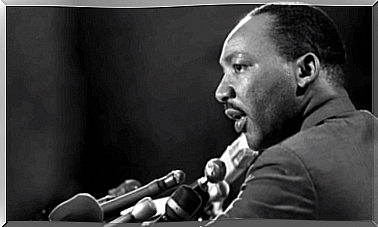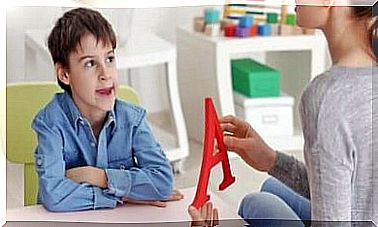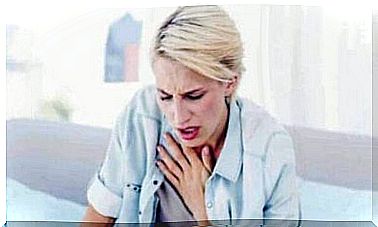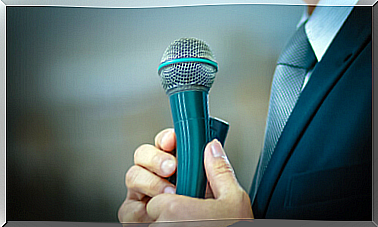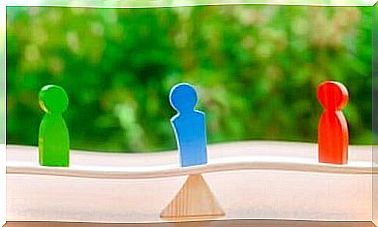Are You Sabotaging Yourself With Your Defensiveness?

A defensive attitude is a form of self-protection, in anticipation of a danger or of someone who could hurt us. When we feel threatened, we are transformed and our whole body in readiness charged. Our body language indicates a high level of tension, stiffness and defense.
Our non-verbal communication changes when our situation changes. In threatening situations, our body language takes on a more serious tone: we speak faster and use different facial expressions that communicate discomfort, disgust and even danger.
Even if we don’t say anything, our bodies tell the world that we are armed to protect ourselves.
How do we defend ourselves?
In addition to body language and non-verbal communication, we express ourselves in a certain way when we are on the defensive. That is, we use certain words and phrases, with the intention of protecting us from a possible attack or other danger.
Unfortunately, in many cases, our defensiveness turns out to be too obvious and the way we express ourselves can be inappropriate and disrespectful. When we feel pain or feel uncomfortable or angry, we often overreact to the situation. A defensive attitude makes us wary, makes us tense, and annoys us to the point of anger or irritability.
Often this overreaction means that what started as defensive turns into offensive. We use attack, blame, irony, sarcasm or intentionally hurtful expressions; all to save ourselves from what we perceive to be an attack from another person.
Subconsciously we think more about how to defend ourselves against an attack (although it is yet to come) than about how to take advantage of the situation; by enjoying it or simply by learning from it or by observing and getting acquainted with the person in front of us.
The problem is, when we feel threatened, our automatic reactions and behaviors don’t really protect us from anything or anyone. In reality, when we go into defensive mode, we end up exposing ourselves even more and making ourselves more vulnerable than before. We show the other person our feelings and show that strategies to deal with and resolve the situation effectively are lacking in us.

When we fall into the pit of defense, it’s no doubt because we don’t feel safe, we don’t feel strong, or we feel insecure about ourselves. That is why we feel the need to protect and defend ourselves and this is evident on the outside.
How can we approach this differently?
First of all, we should do our best to perceive the external situations from as objective a point of view as possible. That is, we must rationally process the sense of danger that puts us in that defensive stance.
It is better to observe the situation as a spectator before we begin to interpret it. By doing this, we won’t feel so attacked by it. Since there may be other explanations for a particular situation, which in the end are a lot less alarming and don’t require a defensive response, we may not feel attacked at all.
This doesn’t mean we don’t need it to protect ourselves. It’s important that we take care of our self-esteem and self-image, but we don’t need a defensive attitude to do this. Knowing who we are and what we want in life gives us the confidence to recognize situations as they are and how they affect us, rather than jumping to conclusions about personal attacks and danger. Being self-aware helps us to understand that the opinions of others are just that: their opinions. And they can be different from ours, without implying an explicit attack.


